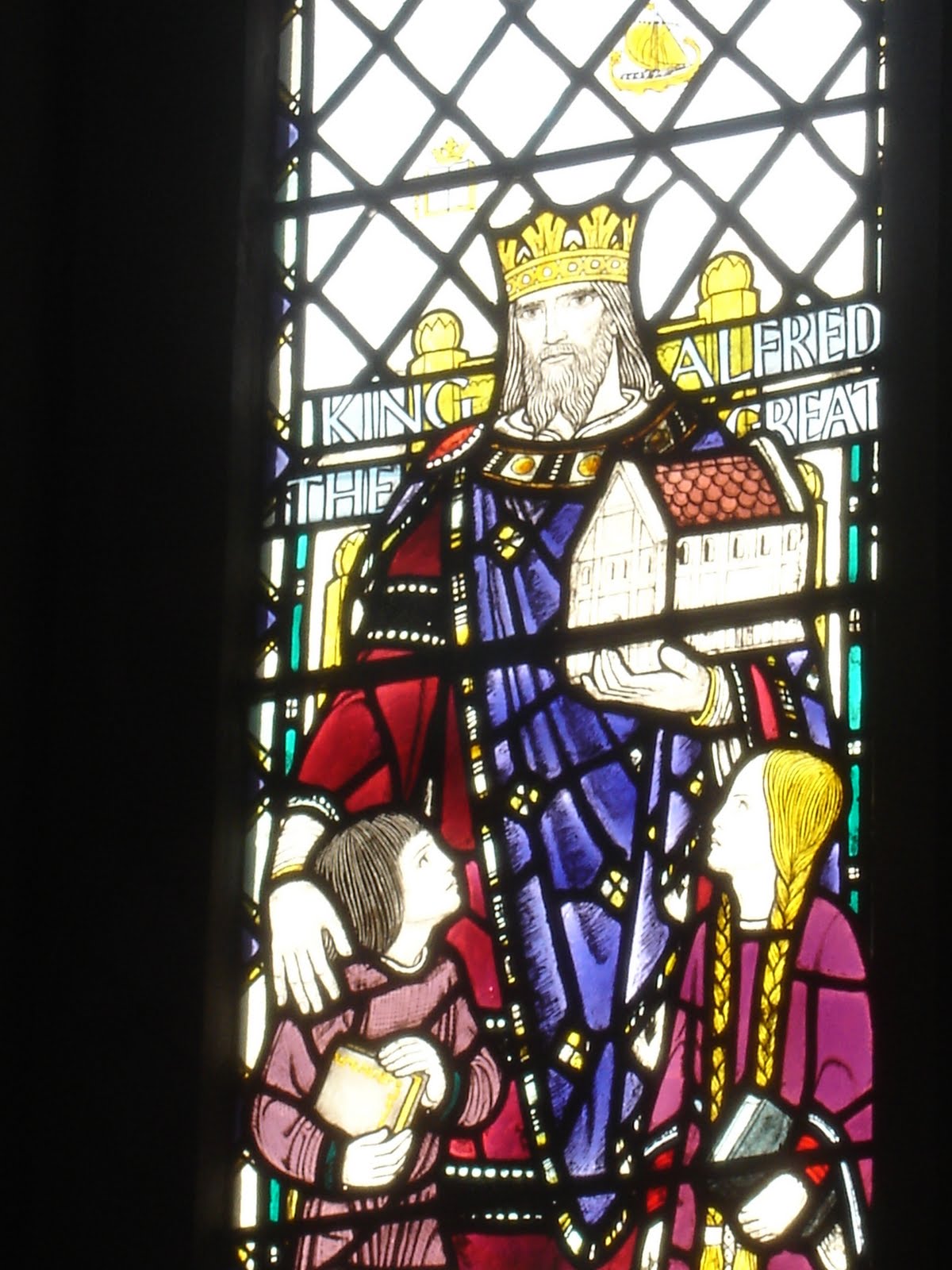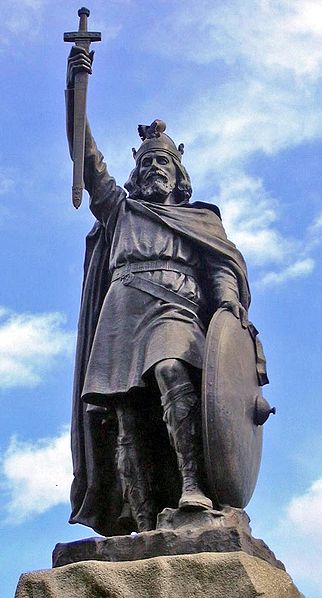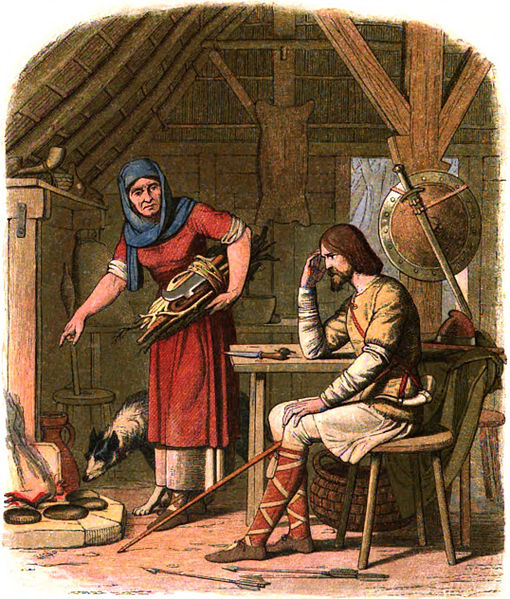
- •Voronezh state university
- •50 Things you need to know about britain.
- •50 Things you need to know about britain.
- •1). Stonehenge
- •2). St. Augustine and Christianity
- •3). Canterbury Tales
- •4) Religious settlement
- •5) Shakespeare
- •6) Gin craze and British drink culture
- •Battle of Waterloo and national identity
- •* The battlefield today
- •8)The Red House and ‘my house is my castle’
- •10) The Beatles
- •Alfred the Great.
- •Magna Charta (1215).
- •3) English Civil war of 1642 -1649.
- •4) The Glorious Revolution. (1688 - 89)
- •5) Birth of Great Britain, Act of Union in 1707.
- •6) Robert Walpole – the first Prime Minister.
- •The British Bobby.
- •Suffragettes
- •*The Suffragettes wanted the right for women to vote.
- •9). National Health Service
- •Results
- •(Http://en.Wikipedia.Org/wiki/Welfare_state_in_the_United_Kingdom) *The National Health Service
- •10). Britain Joining Europe*
- •*A History of the European Union and Great Britain
- •Introduction.
- •1). The Roman Invasion
- •2). The Norman invasion of 1066
- •3). Elizabeth I and the Spanish Armada
- •4). East India Company and the battle of Plassey
- •5) Tea and American Revolution
- •1. What is understood by the “Boston Tea Party”*?
- •3. Why did the British loose the battle?
- •6) Nelson and the Battle of Trafalgar
- •7). Slave trade
- •Campaign to abolish the slave trade
- •8) Dr Livingston and exploration of Africa*
- •9)The Windrush and the Empire
- •Identity
- •10). The Channel Tunnel* and the Eurostar
- •Early Plans
- •A Contest
- •The Design for the Channel Tunnels
- •Getting Started
- •Building the Channel Tunnel
- •Connecting the Tunnels
- •Finishing the Channel Tunnel
Alfred the Great.


Stained glass window in Winchester A monument to King Alfred in Winchester
Task 2. Watch the subpart and explain why King Alfred was nicknamed the Great.
Task 3. What was the role of Doom Book?
Task 4. Fill in the gaps while viewing.
The story about freedom starts a long way back. In the Dark Ages ( 5th century) Germanic tribes Angles, Saxons and Jutes) arrived and settled in England (Angloland). In 800 The Vikings began to attack the English shores using their longboats. Men would be killed, towns pillaged, women raped. It was not a great time to be a Brit. And into all this violence stepped the young brilliant English king who burned the cakes*. The English were united by King Alfred who was crowned in Winchester* in 1) …. He ushered in the time of political 2)………., artistic accomplishment and 3)…….. . He was the king who wrote books. He encouraged teaching for all including 4)….. . He wanted to give his people a clear set of laws. He is the father of Common Law (англо-саксонское право), which is based on precedent and interpreted by 5) …… . There should be one judgment for the wealthy and one judgment for the poor. Everybody was to pay for the crimes committed. The code of laws worked out by Alfred the Great was known as Doom Book.* It told people exactly what their 6)…… were and started British legal 7)……… . It also introduced ground breaking new ideas in legal thinking.8) ….. was paid as compensation for a crime instead ‘of eye for an eye and tooth for a tooth’. It was a ground breaking concept which finally stopped feuds. Alfred’s Doom book introduced a sense of justice. For this he is rightly remembered as Alfred the Great. The Saxons gave Britain some of the swear words.
Cultural Commentary
* Winchester – the capital of the Anglo-Saxon kingdom Wessex
* The Doom Book, Code of Alfred or Legal Code of Aelfred the Great was the code of laws("dooms", laws or judgments) compiled by Alfred the Great (c. 893 AD) from three prior (предыдущих) Saxon codes, to which he prefixed the Ten Commandments of Moses (десять заповедей Моисее) and incorporated rules of life from the Mosaic Code and the Christian code of ethics.
The title "Doom book" (originally "dom-boc" or "dom-boke") comes from dōm which is the Anglo-Saxon word meaning "judgment" or "law". The book contains the injury tariffs , since Christian synods "established, through that mercy which Christ taught, that for almost every misdeed at the first offence secular lords might with their permission receive without sin the monetary compensation, which they then fixed."The only crime that could not be compensated with a payment of money is treachery to a lord. ( http://en.wikipedia.org/)
* Alfred and burnt cakes. A popular legend, originating from 12th century chronicles, tells how when he first fled to the Somerset Levels, Alfred was given shelter by a peasant woman who, unaware of his identity, left him to watch some cakes she had left cooking on the fire. Preoccupied with the problems of his kingdom, Alfred accidentally let the cakes burn.

